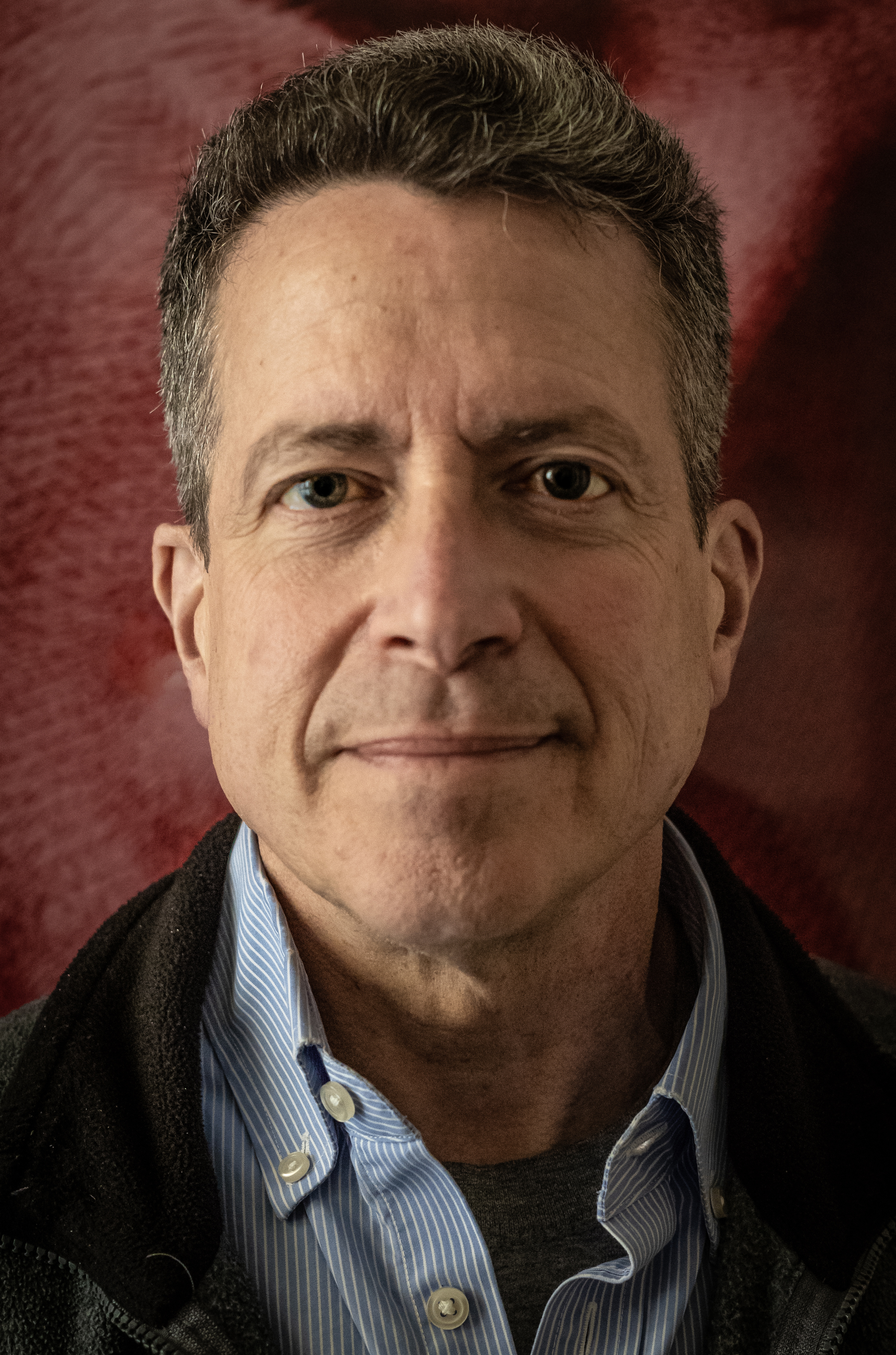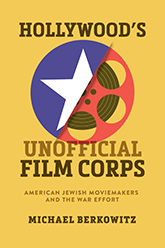|
Hollywood's Unofficial Film Corps
American Jewish Moviemakers and the War Effort
Michael Berkowitz
Wisconsin Film Studies
Patrick McGilligan, Series Editor
“Breathes new life into a densely covered period of history and shows us that Hollywood was even more deeply involved with the US government than we previously understood.”
—Chris Yogerst, author of Hollywood Hates Hitler!
Washington’s whispers reverberate in Hollywood
It has long been known that Hollywood was actively involved in shaping US public opinion during World War II. Less well documented are the ways in which Washington sought to work behind the scenes, subtly obliterating the boundaries between “studio” and “government” films. Michael Berkowitz studies the contributions of humorist and best-selling author Leo Rosten (The Joys of Yiddish, The Education of H*Y*M*A*N* K*A*P*L*A*N) and writer, producer, and screenwriter Budd Schulberg (On the Waterfront, A Face in the Crowd) in order to examine the elusive story of Jewish Hollywood’s role in World War II.
Hollywood’s Unofficial Film Corps shows that Rosten, Schulberg, and others—including Garson Kanin, George Cukor, Stanley Kramer, and Jules Buck—created movies that were both entertaining and politically expeditious for US war aims. At the same time, in an effort to unify the American public, they avoided focusing on the fate of European Jews, even while addressing racism and antisemitism in the United States. Jewish themes were often downplayed, and Jewish directors, writers, and other contributors frequently went uncredited. As Berkowitz writes, “Rosten’s cohort changed feature films forever.” Thanks to his research, we now have a better understanding of how and why.
 Michael Berkowitz is a professor of modern Jewish history at University College London. His recent books include Jews and Photography in Britain and The Crime of My Very Existence: Nazism and the Myth of Jewish Criminality. He has received fellowships from the United States Holocaust Memorial Museum, the Harry Ransom Center of the University of Texas, the Leo Baeck Institute, the Getty Research Institute, and many others.
Michael Berkowitz is a professor of modern Jewish history at University College London. His recent books include Jews and Photography in Britain and The Crime of My Very Existence: Nazism and the Myth of Jewish Criminality. He has received fellowships from the United States Holocaust Memorial Museum, the Harry Ransom Center of the University of Texas, the Leo Baeck Institute, the Getty Research Institute, and many others.
Photo Credit: Frank Dabba Smith
Table of Contents
Acknowledgments
Introduction
1 Launching Countercurrents
2 Artful Dodges
3 Credit(s) Where Credit Is Due
4 Fathers and Sons, Home and Away
5 Hard-Boiled Hollywood Justice
6 Reckonings—or Not
Epilogue
Notes
Bibliography
Index
|

Larger images
January 2025
288 pp. 6 x 9
|

